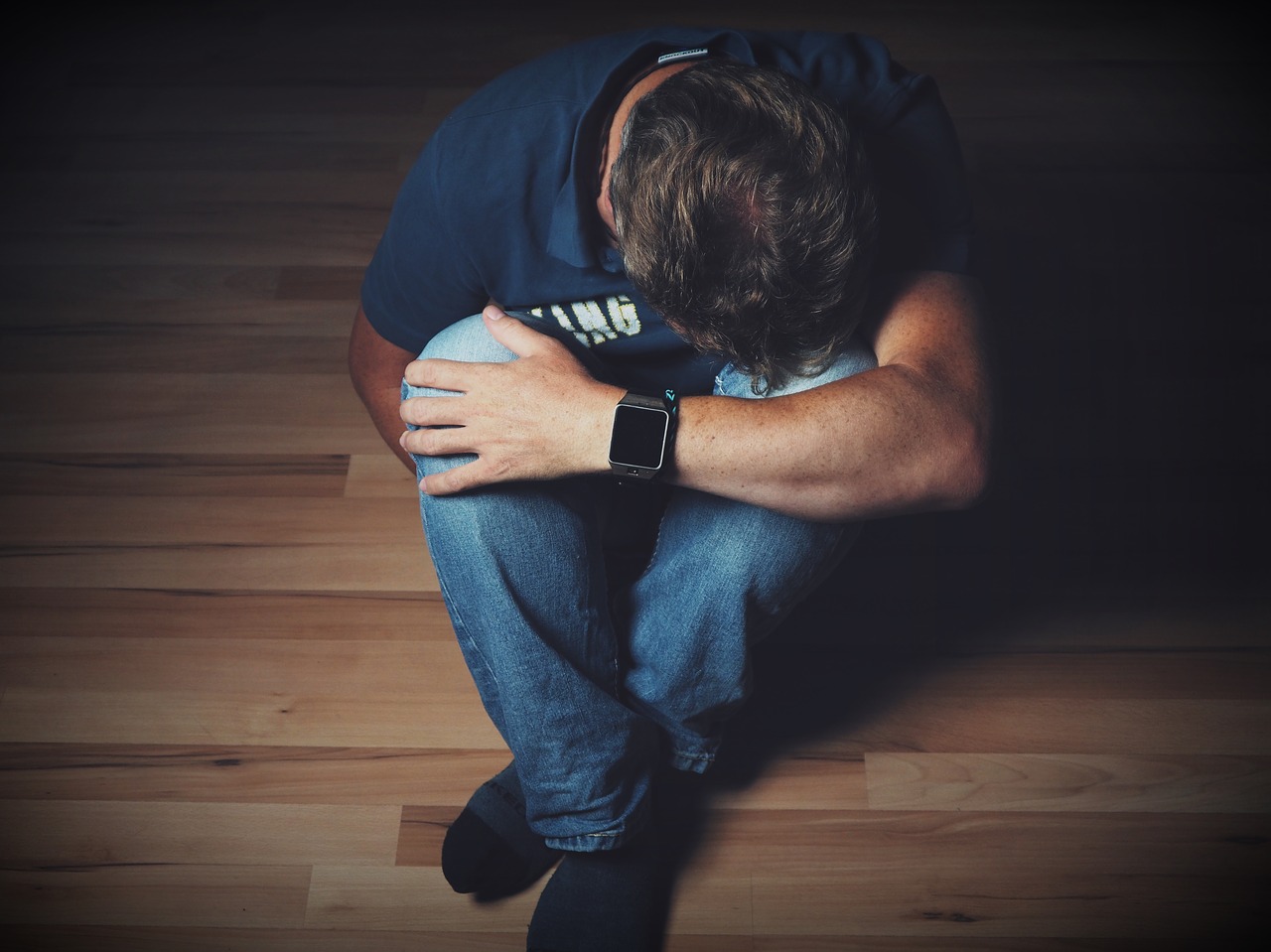What Is Depression?
Depression (major depressive disorder) is a common and serious medical illness that negatively affects how you feel, the way you think and how you act. Fortunately, it is also treatable. Depression causes feelings of sadness and/or a loss of interest in activities once enjoyed.
What are some of the most common symptoms of depression?
Depression symptoms can vary from mild to severe and can be seen in 3 different domains.
Mood Symptoms
- Feeling sad or having a depressed mood
- Loss of interest or pleasure in activities once enjoyed
- Feeling worthless, excessive shame or guilt
Cognitive Symptoms
- Difficulty thinking, concentrating or making decisions
- Substantial indecisiveness
- Suicidal thoughts, plans or preoccupation with death and dying
Physical Symptoms
- Excessive fatigue or loss of energy
- Significant sleep problems
- Physical slowness or in some cases excessive restlessness
- Changes in appetite and weight loss or gain unrelated to dieting.
In order for a diagnosis of Depression to be made five of the above symptoms must be present every day for most of the day during a two week period. One of the five symptoms must be either depressed mood or loss of interest or pleasure. The symptoms must be substantial and interfere with functioning. Also, medical conditions that may be causing the symptoms (for example, thyroid problems, iron deficiency, etc) must be ruled out as they can mimic the symptoms of depression.
Depression affects an estimated one in 15 adults (6.7%) in any given year. And one in six people (16.6%) will experience depression at some time in their life. Depression can strike at any time, but on average, first appears during the late teens to mid-20s. Women are more likely than men to experience depression. Some studies show that one-third of women will experience a major depressive episode in their lifetime.
It’s important to note that depression is different from normal feelings of sadness or grief.
The death of a loved one, loss of a job, big life transitions or the ending of a relationship can be difficult experiences for anyone. It is normal for feelings of sadness or grief to develop in response to certain situations. Those experiencing loss often might describe themselves as being “depressed.” But being sad is not the same as having Depression. The grieving process is natural and unique to each individual and shares some of the same features of depression. Both grief and depression may involve intense sadness and withdrawal from usual activities.
Risk Factors for Depression
Depression can affect anyone—even a person who appears to live in relatively ideal circumstances.
Several factors can play a role in depression:
- Biochemistry: Differences in certain chemicals in the brain may contribute to symptoms of depression.
- Genetics: Depression can run in families. For example, if one identical twin has depression, the other has a 70 percent chance of having the illness sometime in life.
- Environmental factors: Continuous exposure to violence, neglect, abuse or poverty may make some people more vulnerable to depression.
How Is Depression Treated?
Depression is among the most treatable of mental disorders. Between 80 percent and 90 percent of people with depression respond well to treatment. Almost all patients gain some relief from their symptoms.
Before a diagnosis or treatment, a health professional should conduct a thorough diagnostic evaluation, including an interview and possibly a physical examination. In some cases, a blood test might be done to make sure the depression is not due to a medical condition like a thyroid problem. The evaluation is to identify specific symptoms, medical and family history, cultural factors and environmental factors to arrive at a diagnosis and plan a course of action.
Medication
Brain chemistry may contribute to an individual’s depression and may factor into their treatment. For this reason, antidepressants might be prescribed to help modify one’s brain chemistry. These medications are not sedatives, “uppers” or tranquilizers. They are not habit- forming.
Antidepressants may produce some improvement within the first week or two of use. Full benefits may not be seen for two to three months. If a patient feels little or no improvement after several weeks, his or her prescriber may alter the dose of the medication or add or substitute another antidepressant. In some situations other psychotropic medications may be helpful. It is important to let your doctor know if a medication does not work or if you experience side effects.
It is usually recommended to continue taking the medication for approximately a year after symptoms go away. This is important to know because many times, once feeling better, people can assume that they no longer need the medication.
Psychotherapy
Psychotherapy, or “talk therapy,” is sometimes used alone for treatment of mild Depression; for moderate to severe Depression, psychotherapy is often used in along with antidepressant medications. Cognitive behavioral therapy (CBT) has been found to be effective in treating Depression. CBT is a form of therapy focused on the present and problem solving. CBT helps a person to recognize distorted thinking and then change behaviors and thinking.
Psychotherapy may involve only the individual, but it can include others. For example, family or couples therapy can help address issues within these close relationships. Group therapy involves people with similar illnesses.
There are also many other forms of therapy that have been studied and may be helpful such as DBT (dialectical behavior therapy), mindfulness training, etc..
Self-help and Coping
There are a number of things people can do to help reduce the symptoms of Depression. For many people, regular exercise helps create positive feeling and improve mood. Getting enough quality sleep on a regular basis, eating a healthy diet and avoiding alcohol (a depressant) can also help reduce symptoms of Depression.
Depression is a real illness and help is available. With proper diagnosis and treatment, the vast majority of people with Depression will overcome it. If you are experiencing symptoms of Depression, a first step is to see a specialist. Talk about your concerns and request a thorough evaluation. This is a start to addressing mental health needs.
Most importantly Depression is not someone’s fault and should not have a stigma attached to it, just as other medical illnesses should not have stigma attached to them. There is often shame associated with Depression, and our hope at Mental Health Collaborative is that with education and knowledge, stigma will decrease and people will get help early on when symptoms begin.
Download this Fact Sheet
References
- American Psychiatric Association. Diagnostic and Statistical Manual of Mental Disorders (DSM- 5), Fifth edition. 2013.
- National Institute of Mental Health. (Data from 2013 National Survey on Drug Use and Health.) www.nimh.nih.gov/health/statistics/prevalence/major-depression-among- adults.shtml
- Kessler, RC, et al. Lifetime Prevalence and Age-of-Onset Distributions of DSM-IV Disorders in the
- National Comorbidity Survey Replication. Arch Gen Psychiatry.
- 2005;62(6):593602. http://archpsyc.jamanetwork.com/article.aspx?articleid=208678

